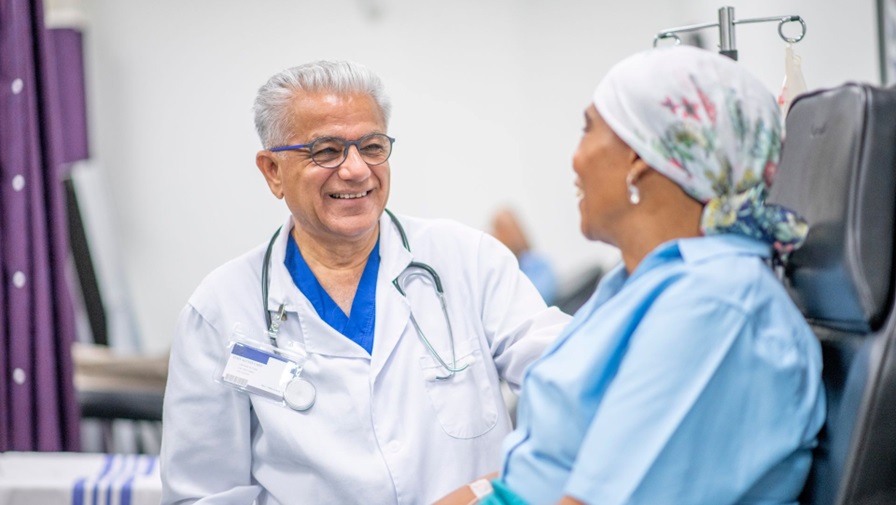Cancer is a complex and multifaceted disease that can be overwhelming for patients and their families. An essential aspect of cancer care is patient education, as it empowers individuals to make informed decisions about their treatment and navigate their healthcare journey. In this article, we will explore strategies to optimize patient education in oncology practices and discuss how these approaches can improve patient outcomes.
1. Establish Effective Communication
Effective communication between healthcare providers and patients is a cornerstone of successful patient education. Oncology healthcare providers should be skilled at explaining complex medical terms and concepts in a clear and understandable manner. Encouraging a supportive and open environment for dialogue allows patients to voice their concerns and ask questions about their care.
2. Utilize Personalized Content and Materials
Every patient’s experience with cancer is unique, and their education should be tailored accordingly. By utilizing personalized content and materials crafted to address individual needs, oncology practices can offer guidance and support that directly benefits each patient’s specific situation. For instance, incorporating educational tools like videos, quizzes, and other interactive resources can make the learning process engaging and accessible to a wide range of patients.
3. Offer Multiple Learning Platforms
Providing various learning platforms, such as in-person consultations, online resources, and group classes, ensures that each patient has access to educational materials in the format that suits them best. Additionally, enabling patients to access resources on demand through digital platforms empowers them to learn at their own pace and on their schedule.
4. Involve Family Members and Caregivers
Family members and caregivers play a significant role in the patient’s healthcare journey, and their involvement in educational efforts can lead to better outcomes. Oncology practices should offer resources tailored to family members and caregivers, which can help them navigate the emotional and logistical aspects of cancer care support effectively.
5. Continually Evaluate and Adjust Educational Approaches
As the field of oncology and patient needs to evolve, educational materials and strategies should be reviewed and updated regularly. Continual evaluation of the patient education process helps identify areas for improvement and enhance the effectiveness of educational programs.
6. Collaborate with Care Coordination Services
Patient education efforts can be amplified through collaboration with care coordination services. These services assist oncology practices in streamlining communication, providing customized educational resources, and ensuring seamless care transitions. This integration of care coordination and patient education enables oncology practices to provide comprehensive support to their patients.
To Wrap Up
Optimizing patient education in oncology can significantly impact care outcomes and overall patient well-being. By embracing effective communication leads to improved healthcare experiences and better quality of care. Also, knowing how to measure quality in cancer care can help ensure that patients and their families are well-informed, supported, and empowered during their cancer journey. Remember that cancer care is a team effort and that partnering with care coordination services can help provide comprehensive educational programs for your patients. With the right tools, you can ensure that your patients have access to the best care possible.
